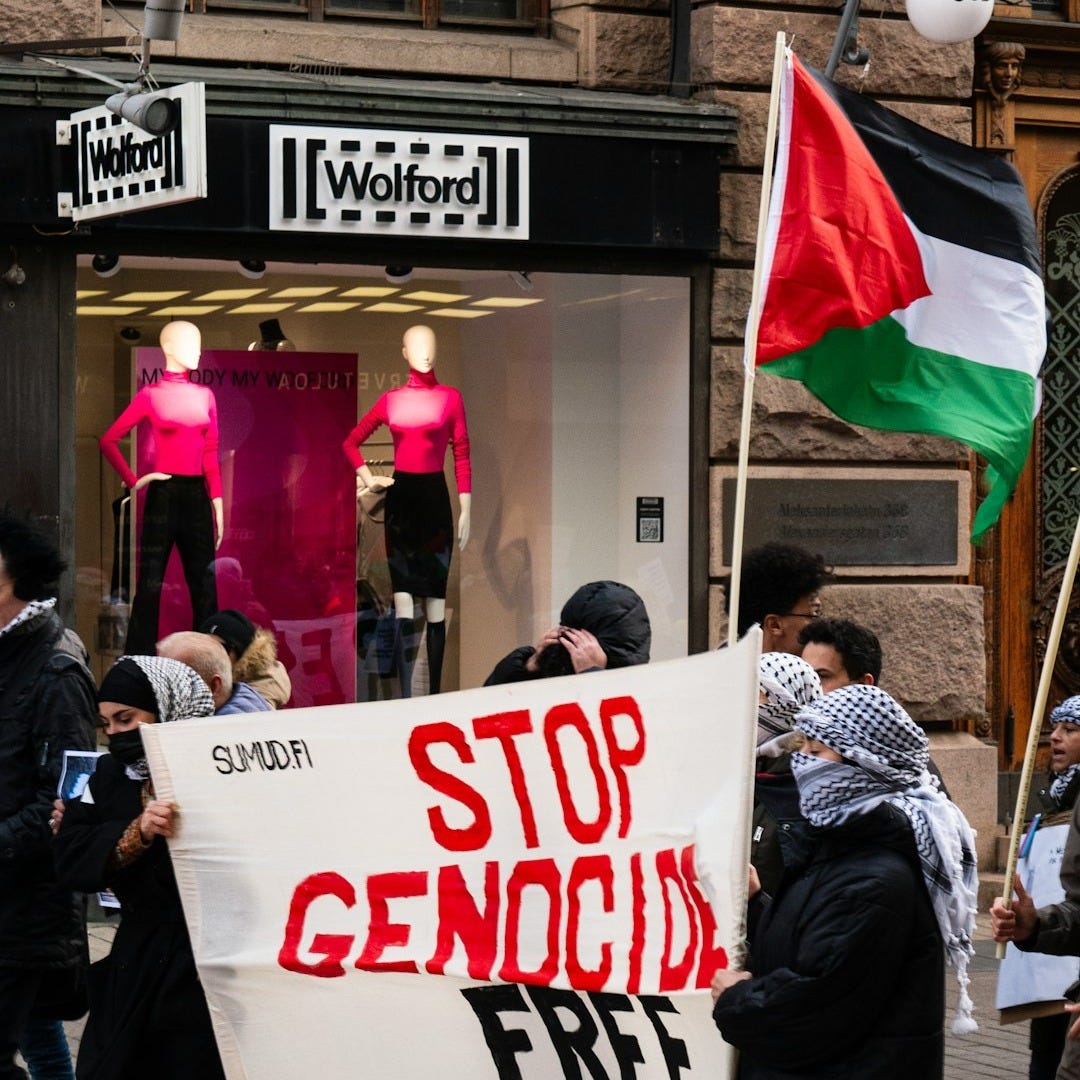I know I promised another post on the pools of money that make the conservative intellectual world go round, but I can’t stop thinking about the failure of the anti-war movement in the US and elsewhere to halt the greatest humanitarian catastrophe of the 21st century. It is all the more so essential to take stock as Israel has moved to aggressively target Hezbollah over the last several days. My friend Irfan left an incisive comment on this post encouraging me to think about the link between the two, and I’m going to use that as an excuse to share some reflections I’ve been developing over the past 11+ months. I’m still waiting for a coalition to emerge that is strong enough to stop the Netanyahu government, and we seem no closer to that point now than we were at the end of October. With important exceptions, the dominant vibe remains militancy without strategy.

The truth is that I am more radical on the question of Palestine than probably 98% of Americans and 99.5% of American Jews. Due to the particular structure of American and international politics—not to mention Israel’s nuclear arsenal—in order to succeed in our lifetimes, the liberation movement needs to convince people well to my right politically. Part of my despair stems from the fact that I don’t see that happening, or even any recognition that this is the terrain. The Palestine solidarity movement hasn’t so much won supporters as Israel has lost them through its cruel and in my mind, genocidal, campaign. Here are, in no particular order, some notes, delivered in the hope that the second year of anti-war organizing can finally turn the tide.
Keep reading with a 7-day free trial
Subscribe to Dr. Small Talk to keep reading this post and get 7 days of free access to the full post archives.



